Why Don McLean’s “American Pie” Will Always Be Relevant
Listen here.
Everyone has at some point heard Don McLean’s 1971 hit ‘American Pie.’ Most famous for its memorialization of the 1959 plane crash that killed Buddy Holly, Ritchie Valens, and J.P. “The Big Bopper” Richardson as ‘The Day the Music Died,’ “American Pie’s” artful blend of generation-defining rock and folk music with poetic lyricism is a classic that, to many, is synonymous with American identity. But a first, off-handed listen may not quite capture the enduring spirit that keeps us hitting play year after year; a spirit found not in the song’s composition, but in the not-so-secret story hiding between riffs and rhymes: a story that, today, feels all too familiar.
Growing up in the 50s and 60s, McLean and the rest of his generation witnessed the rise and fall of the groundbreaking Civil Rights movements, the Cold War, the escalation of the Vietnam War, the assassination of some of the nation’s most prolific figures of the last century, and a cultural revolution all while still discovering themselves. It comes as no surprise that McLean defines them as a “generation lost in space,” with so many of these events crammed into their lives that there was no room to experiment with their individuality. Many of these events are referenced in the song through lyrics like “The courtroom was adjourned/ No verdict was returned” referring to the deaths of both JFK and Lee Harvy Oswald, and “While Lenin read a book on Marx” referencing the Cold War. Meanwhile, the music industry was experiencing its own revolution, reflected in ‘American Pie’ through its upbeat, classic-rock choruses and story based folk-tale verses. Many influential artists of the era are referenced in McLean’s tune, from Bob Dylan (The Jester) to Elvis Presley (The King).
To McClean, this era was personally momentous, as it included losing his father and his idol (Buddy Holly) at the same time. Its end brought with it a slow dissolution with everything around him, including status, religion, and music. In an article to The Guardian, speaking about a more hopeful ending verse that was cut, McLean said, “Things weren’t going that way. I didn’t see America improving intellectually or politically. It was going steadily downhill, and so was the music.” So at the end of his epic tale, there is no happy end or happy news. The music still dies.
But why does that matter now? What does an angsty folk-rock ballad about the largest era of change in a century possibly have to do with a generation decades removed from it? The answer: history repeats itself.
Just like McLean’s generation of flower-children and student-protesters, we too are a “generation lost in space.” We’ve lived in the volatile eras of gun violence and climate change and the ground-breaking social change of the MeToo and Black Lives Matter movements, all of which influenced our lives and our journeys immeasurably. And when we look to our idols and role models for advice on how to live through this never ending change, we see no one who understands, no one who feels the world bearing down on them the way we do, causing us to lose trust in these so-called figures of authority.
“American Pie” is not simply about a decade of the past, it’s about the youngest generation helplessly watching the world change as they try to make themselves heard in a society content to ignore them. It is a feeling that began long before us, and will continue beyond us, when we have become too old and embittered by the loss of our own childhood to remember what it feels like to have that Rock-N’-Roll spirit burning a need for freedom in our hearts.
So that begs the question: are we destined to continue McLean’s self-fulfilling prophecy? Destined to become so bitter over our own silenced voice that we do the same to the children of the future? Or can we break the cycle, moving forward with open minds that finally let the need for change out live the bitterness of having to wait so long for the power to make it? Can we finally bring the music back?
That is up to us to decide.

(She/her)
Sam Heyl is a senior excited for her second year on the Eagle's Eye! She lives and breathes animation and any/all creative writing. When she's...


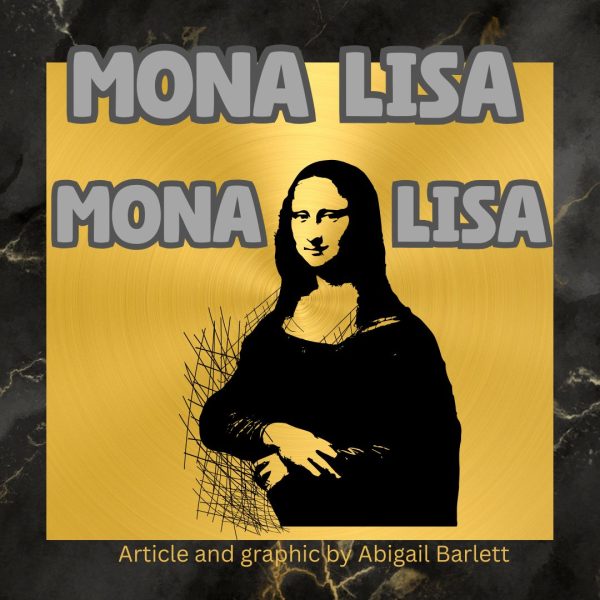

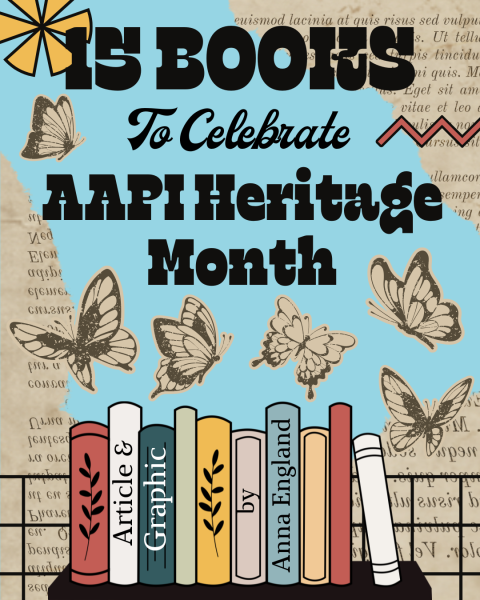
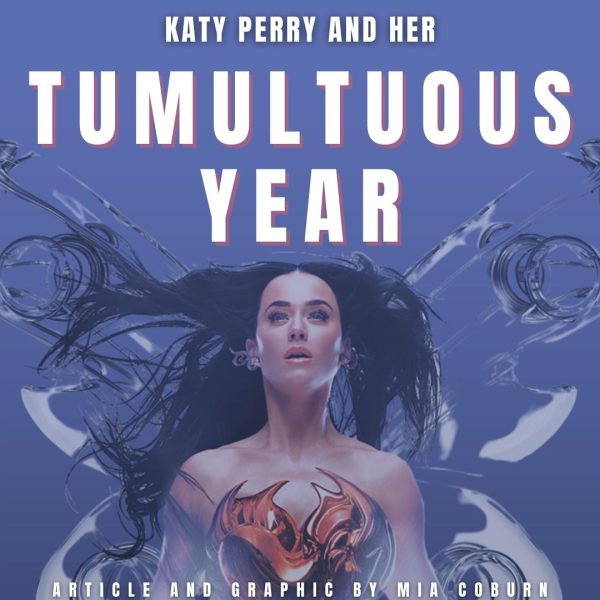
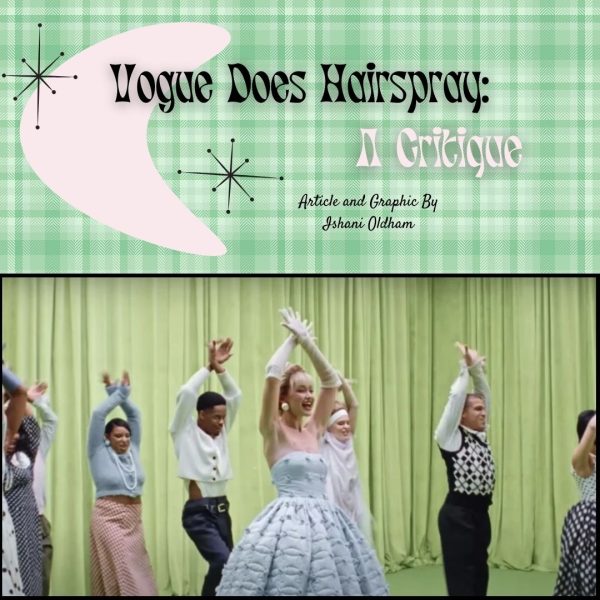
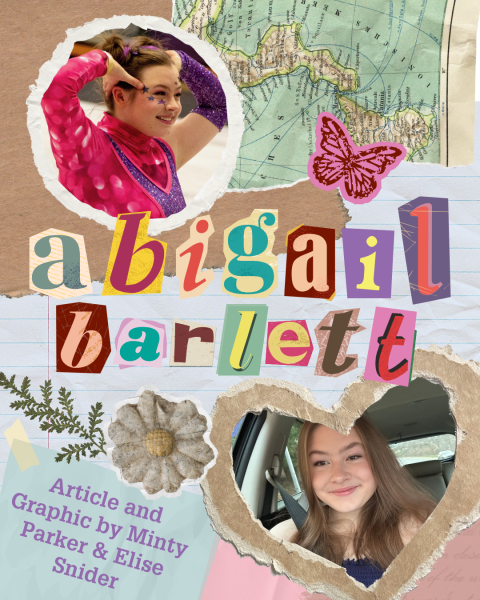
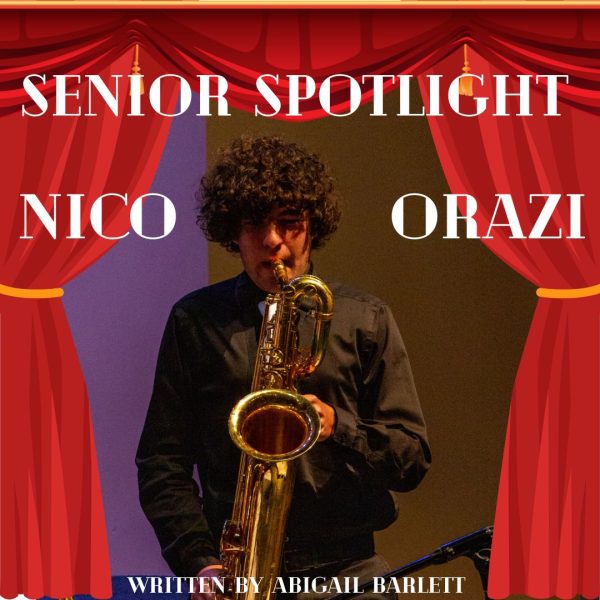


T.J. Turner • Jul 29, 2024 at 1:12 PM
Once again brought tears to my eyes for a lost generation. Yeah, the world is crazy now but everyone is so lost in technology. I feel this causes so many to feel alone or disconnected in a way that we weren’t. Bittersweet memories of our days gone by. I am so afraid for this new generation. We felt this pain to our core and couldnt make much of a difference. What’s their future going to be? Bless you Don McLean. You brought out my rebel side again today.
Mark • Sep 1, 2024 at 1:33 PM
This is certainly about Americas loss of innocence! I think that when JFK, MLK and RFK were killed inside of the most powerful nation in the free world, American trust in their government and authority in general was destroyed and never really to be rebuilt! Yes the song is about Americas musicians however there exists a deeper understanding to the political turmoil and chaos of the 60,s. The Civil Rights movement, The Vietnam War, the political assassinations, the anti war demonstrations, Kent state shootings all demonstrated a country unable to move forward and this is how the music died. Today America is still a divided nation with untrustworthy politicians, shaky educational systems, unemployment, poverty, violence, individualism etc all are symptomatic of the loss of their innocence! I am deeply saddened by this current state. I’m Canadian and this has also bled into my country!